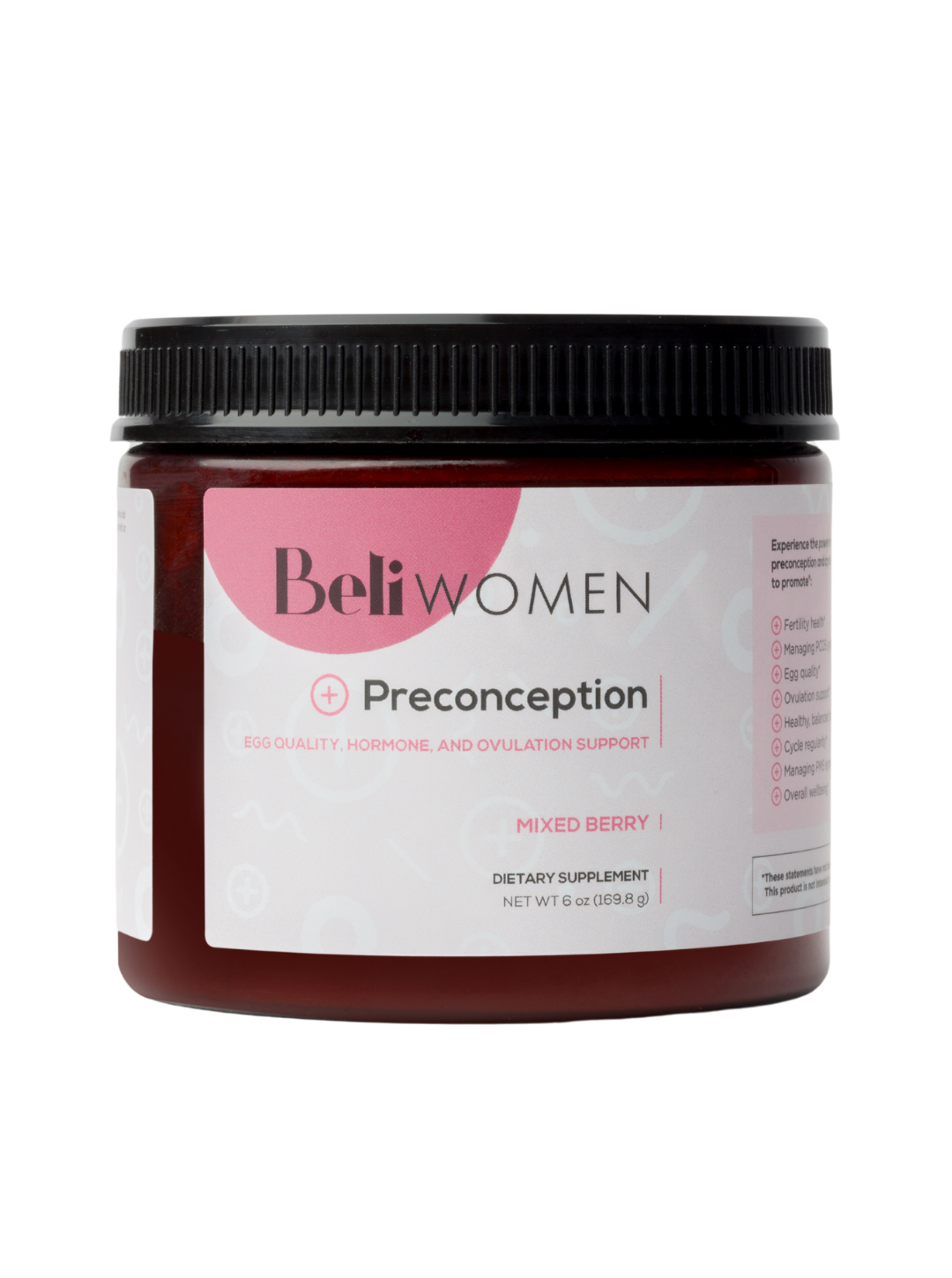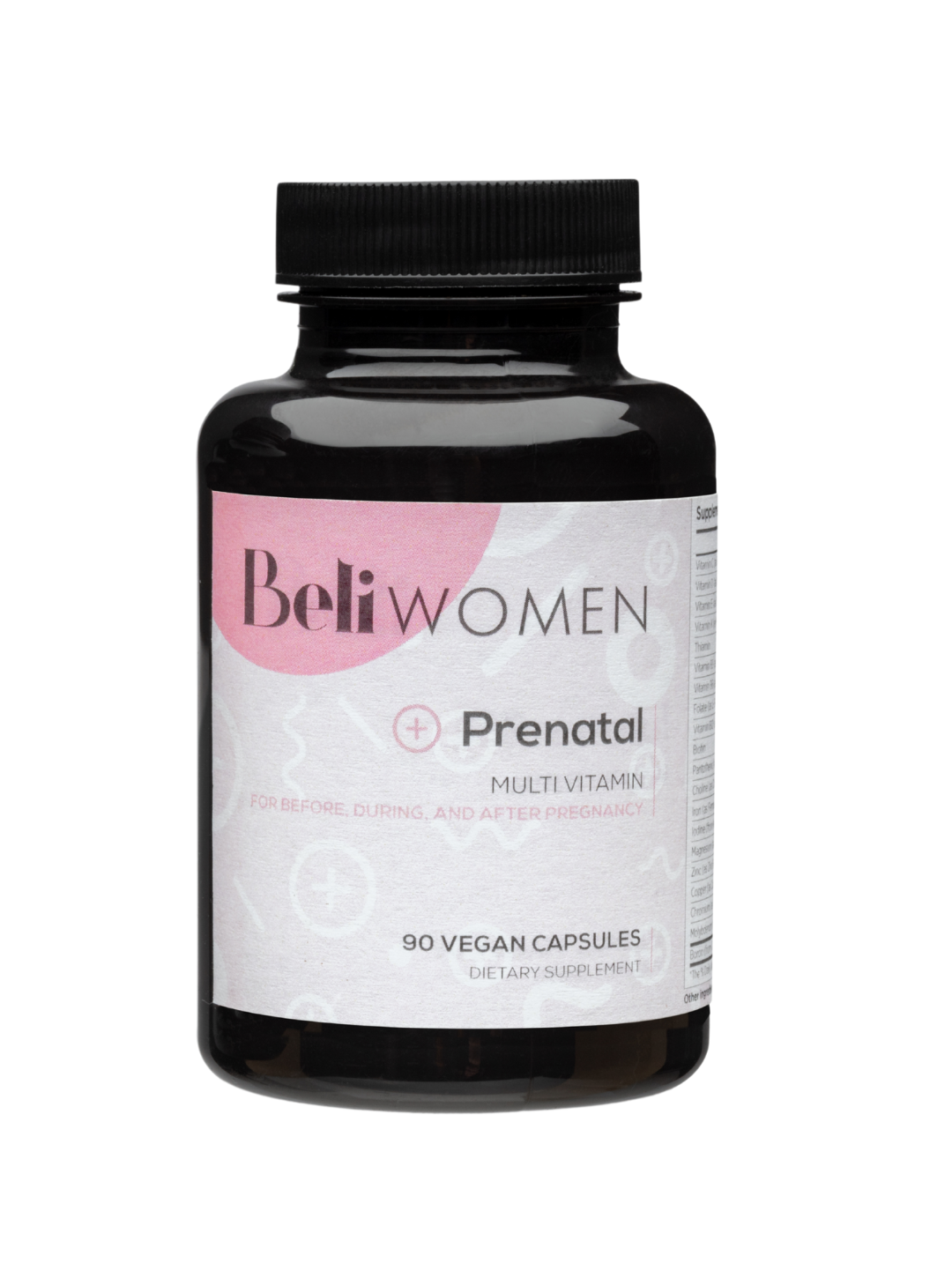As women, our bodies are capable of incredible things, and one of the most remarkable aspects of female biology is our egg cells. The quantity and quality of our eggs play a significant role in determining our fertility, and understanding this can empower us to take control of our reproductive health.
Key Takeaways
- Importance of egg quantity
- How many eggs you should have by age
- Testing your ovarian reserve
- Ways to improve fertility potential
Why Egg Quantity Matters
The number of eggs we have, also known as our ovarian reserve, is a key indicator of fertility. Research has shown that women with a higher ovarian reserve have a higher chance of getting pregnant. In fact, a study published in the Journal of Clinical Endocrinology and Metabolism found that women with a higher AMH level (a marker of ovarian reserve) had a higher live birth rate compared to those with lower levels. The more eggs we have, the higher our chances of getting pregnant, making it essential to understand how many eggs we should have at different stages of life.
Did you know that women are born with around 1-2 million eggs, but by the time they reach puberty, that number has already decreased to around 300,000-500,000? Or that a woman's eggs are responsible for 95% of chromosomal abnormalities, making egg quality a critical factor in fertility and pregnancy success? In fact, research shows that women over 35 are more likely to experience infertility due to poor egg quality, and that the chances of getting pregnant with a healthy baby decline significantly after age 40. By understanding egg health and taking proactive steps to protect it, women of all ages can empower themselves to make informed decisions about their reproductive health and increase their chances of getting pregnant with a healthy baby.
As women, our reproductive health is a complex and multifaceted aspect of our overall well-being. Our eggs are a finite resource, and their quality and quantity decline over time. But what does that really mean for our fertility and overall health? Let's explore the ins and outs of egg health, including the ideal number of eggs at various ages, why egg quality and quantity matter, and how to nurture and improve egg health.
The American Society for Reproductive Medicine (ASRM) provides guidelines for the expected number of eggs at various ages. By age 20-24, women should have around 250,000-500,000 eggs. By age 25-29, that number decreases to around 150,000-300,000. By age 30-34, women have around 75,000-150,000 eggs, and by age 35-39, that number drops to around 25,000-75,000. By age 40-44, women have around 5,000-25,000 eggs left, and by age 45 and above, they have fewer than 5,000 eggs.
Testing your Ovarian Reserve (egg count)
Testing egg quantity is also important. The follicle-stimulating hormone (FSH) test measures FSH levels, which can indicate egg quality. The anti-Müllerian hormone (AMH) test assesses AMH levels, which correlate with egg quantity. The antral follicle count (AFC) uses ultrasound to count the number of antral follicles, indicating egg quantity. Egg reserve testing combines FSH, AMH, and AFC tests to evaluate egg quality and quantity.
Poor egg quality can lead to miscarriage, failed implantation, or chromosomal abnormalities. While some factors affecting egg quality are beyond our control, there are ways to improve it. Certain supplements may improve egg quality. Fertility treatments like IVF and IUI can help improve fertility chances. Egg freezing can preserve fertility for the future, and lifestyle changes like implementing a healthy diet and regular exercise can positively impact egg quality.
Nourishing egg quality is a key benefit of Beli’s new Preconception Boost, a complementary supplement specifically formulated to support women’s reproductive health and fertility. A focused blend of nutrients and antioxidants help shield eggs from oxidative stress to help ensure optimal maturation and viability, while also supporting balanced hormones. That’s a key consideration for fertility. It’s not just about the right ratio of hormones—the timing of their release needs to be exact. In fact, hormonal imbalances are the leading cause of infertility in women. We formulated Beli Preconception with therapeutic doses of science-backed nutrients to balance the body and support optimal preconception health, from egg quality to ovulation to balanced hormones, because there are many factors in play when it comes to healthy fertility!
Plus, it’s designed to work with our high-quality prenatal vitamin, like Beli for Women, which is formulated with nutrients that have been identified for their role in supporting egg quality, including:
- Vitamins B6 and B12:Help promote normal ovulation.
- Folate:Protects against chromosomal abnormalities.
- Vitamin E:An antioxidant that helps protect maturing eggs from oxidative damage.
- Vitamin K2:Aids in metabolizing estrogen and progesterone.
Starting prenatal vitamins the moment you decide you’re going to try for a baby doesn’t just ensure access to key nutrients like folate and choline in the event you become pregnant quickly (a key consideration for minimizing risks of birth defects). Studies have linked key micronutrients to the processes that drive conception in both women and men, and since the average American diet is, shall we say, lacking, a high-quality prenatal vitamin goes a long way to fill those gaps.
In conclusion, egg quantity and quality are critical aspect of our reproductive well-being. By understanding the ideal number of eggs at various ages, why egg quality and quantity matter, and how to nurture and improve egg health, we can make informed decisions about our fertility and overall health.
- Journal of Clinical Endocrinology and Metabolism: A study published in this journal found that the average egg count for women in their 20s has declined by 40% over the past two decades.
- American Society for Reproductive Medicine (ASRM): The ASRM provides guidelines for the ideal number of eggs at various ages.




